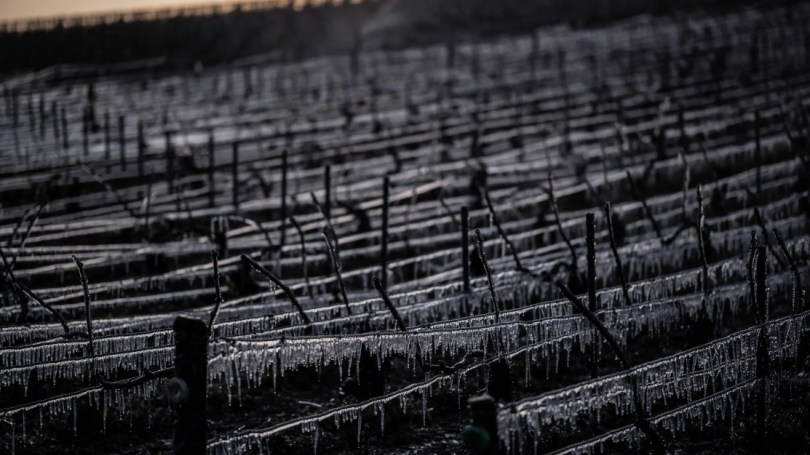
- Undergraduate
- Research
- Off-Campus Study
- News & Events
- People
Back to Top Nav
Back to Top Nav
From the New York Times (read full article here):
Sudden temperature changes can disrupt the growth of plants, posing challenges for agriculture.
Plants are reliant on temperature signals for their development and flips from warm to cold, and vice versa, can confuse their internal systems, said Corey Lesk, a postdoctoral fellow in the Dartmouth College Department of Geography and Neukom Institute who studies the affects of climate change on people and nature. Temperature swings can also complicate farmers' abilities to plan and prepare fields, including timing fertilizer and pesticide use.
"You're really fighting against the basic setup of how plants operate, which is they can't move to avoid stresses," Dr. Lesk said.
Warming weather signals many plants to begin their spring growing season. Sudden flips between warm and cold, such as "false springs," can wipe out plants that are just starting to emerge. An example cited in the study of damage from a warm-to-cold flip was in Europe in April 2021: After a period of warm weather, a sudden frost iced many fragile, newly formed plant shoots and buds, leading to widespread crop damage.
Cold-to-warm flips also can be damaging, Dr. Lesk said. Winter wheat, for example, is planted in the fall and survives the winter by being buried under snow. If a temperature flip causes the snow cover to melt suddenly, the plants are at risk of being encased in ice and suffering frost damage before they can continue growing in the spring.
Photo by Jeff Pachoud/Agence France-Presse — Getty Images